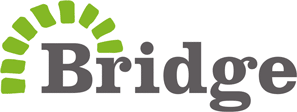Early Childhood Development
The World Health Organisation defines this as the ‘physical, social, emotional, cognitive, and motor development’ of children between 0-8-years-old. These early years are critical because it’s the time when our brains are developing most quickly—forming more than one million connections each second—laying the foundations for the rest of a child’s life.
In order to prepare our youngest learners to be successful primary school pupils, we’ve created a carefully structured early childhood development (ECD) programme that supports the youngest pupils to achieve academic learning alongside developing socio-emotional, psychomotor and creative skills. It’s important to make sure that formal academic instruction is started at an early age because there is growing evidence of gains in later schooling because of early mastery of core foundational literacy and numeracy skills.
| Bridge ECD programme |
Standard ECD programme |
| Academic instruction: 50% (Reading, language, maths, routines) |
Academic instruction: 20% |
| Rest: 30% (Meditation, rest, lunch) |
Rest: 30% |
| Play: 20% (Outdoor, learning stations, creative) |
Play: 50% |
Academics
Bridge uses direct instruction for its ECD programming, which is known to be effective in accelerating learning for three to five-year-olds.
Our core ECD programme includes six subjects:
- Reading routine
- Reading
- Language routine
- Language
- Maths routine and
- Maths
These six subjects are foundational in the sense that they cover the most essential academic skills for younger learners—basic literacy and numeracy.
The difference between a routine and its corresponding core class is that the routine is meant to be a warm-up, rehearsing previous ideas, whereas a core class is where new learning happens. In ECD classes it’s important that new ideas are reinforced in a variety of ways. Routine classes help youngsters fully get to grips with basic concepts by reminding them in different ways of lessons and ideas that they have been previously taught. Practicing the same skills with less support over time increases the rigour of the practice.
Overall, the reason that we aim to devote 50% of our ECD pupils time in school to academic instruction is to give them enough opportunity to achieve a strong foundation in literacy and numeracy which is essential as they progress through school.
Numeracy:
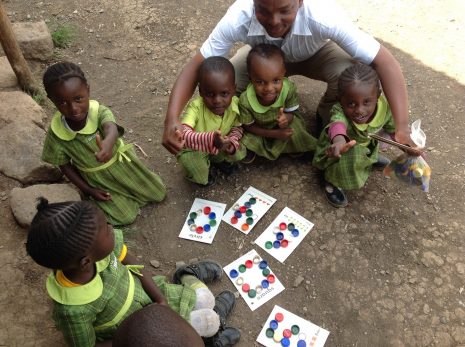
Our numeracy program aims to give pupils a strong foundation in maths through a routine and core class every day. These lessons teach students to identify numbers, count fluently, one-to-one correspondence of objects to numbers, and simple addition and subtraction. Our programme is built by mapping back from the core maths skills every child will need by the completion of upper kindergarten.
Reading:
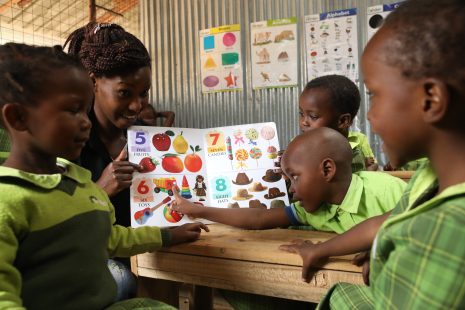
An incredibly important part of ECD classes is learning how to decode and read. Core reading and reading routine lessons teach phonemic awareness by teaching children to focus on, manipulate and break apart the sounds in words. These lessons also teach phonics by helping young readers understand how letters are linked to sounds to form letter-sound connections.
Language:
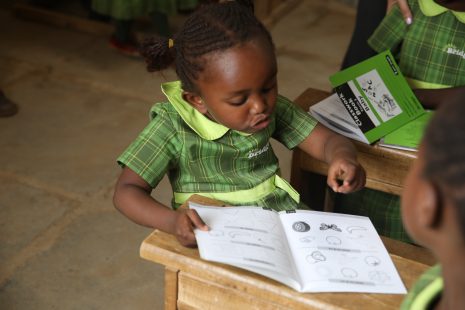
Core language and language routine lessons are aimed at vocabulary building and focus young minds on learning sight words, story words and basic greetings. These lessons teach vocabulary through stories, rhymes, songs, and pictures.
Both reading and language—when paired with their respective routines—map back from the core literacy skills we want pupils to master upon completing upper kindergarten letter sounds, familiar word reading and non-word reading.
Play, psychomotor and creative skills:

These are essential skills for children to develop and so there is dedicated time in our ECD programme. Every day, children have open play during outdoor time and two lessons that provide opportunities for structured play during learning stations and creative stations in their classroom. These lessons support psychomotor and creative skills by providing high-impact materials for children to engage with by themselves and with their friends while also receiving positive feedback and encouragement from their teacher.
Socio-emotional development:
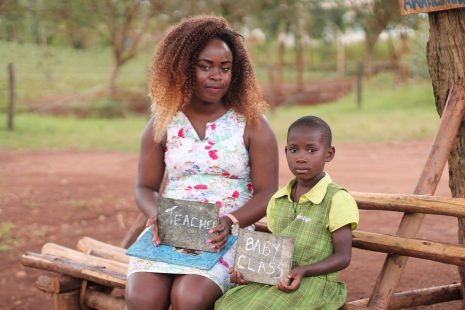
One of the things that we are really proud of is that parents of our ECD children often comment on how much their children enjoy coming to school each day. Often, they get out of bed first!
An important part of this is that teachers are trained so that they are responsible for motivating all children to behave well and work hard. They do this through classroom management techniques such as ‘narrating the positive‘ and implementing smooth and orderly classroom procedures which give children structure and confidence. Making sure that all ECD teachers are prepared to support young children’s socio-emotional development by providing a positive and orderly classroom environment is a key part of training.

